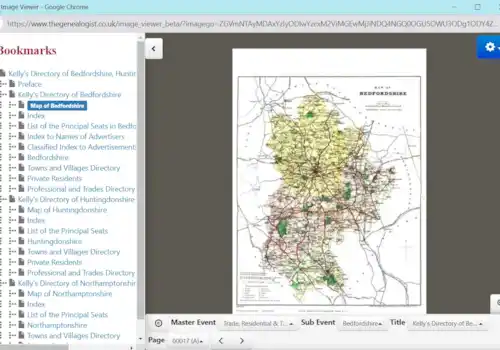12 October 2018
|
African American author and freedom fighter Frederick Douglass is the first significant historic figure to be celebrated as part of Historic Environment Scotland's 2018 Commemorative Plaque Scheme.
African American author and freedom fighter Frederick Douglass is to become the first black person to be recognised by the Historic Environment Scotland Commemorative Plaque scheme.
Coinciding with Black History Month and the 200th anniversary of his birth, Frederick Douglass is the first black person recognised - and the 56th plaque awarded - under the scheme since it began in 2012.
The plaque will be unveiled in a ceremony in November and affixed to a building at 33 Gilmore Place in Edinburgh. It was here that Douglass once lived as Scotland’s anti-slavery agent; organising many of his anti-slavery campaigns in Scotland and corresponding with black and white abolitionists.
Frederick Douglass
Born into southern slavery in Maryland, USA in 1818, Frederick Douglass survived the traumas and tragedies of life as an enslaved individual, bearing witness to his family being bought and sold on the auction block. In 1838, at barely 20 years of age, he risked life and limb to make his escape from US chattel slavery. Douglass went on to become a world-renowned author, orator, philosopher, activist, statesman and freedom fighter as he worked alongside his family members not only to end slavery, but support all campaigns for human rights and social justice.
In 1845, on the run as a "fugitive slave" after publishing his first autobiography, Narrative of the Life of Frederick Douglass: An American Slave - in which he named and shamed his white slaveholders - he undertook a two year transatlantic sojourn to tell his story to audiences in Scotland, Ireland, Wales and England.
In Scotland, Douglass visited numerous cities and towns including Glasgow, Arbroath, Ayr, Dundee, Falkirk, Fenwick, Greenock, Hawick, Kirkcaldy, Montrose, Paisley and Perth to inspire anti-slavery activism among his audiences by telling the "story of the slave."
Douglass played a leading role in the campaign against the Free Church of Scotland and its acceptance of donations from white US slaveholders, a protest movement he spearheaded with the slogan, "send back the blood-stained money!" As Douglass recalled, while he and his advocates may have failed in making them send back the money, they succeeded in enlightening the people of Scotland on the subject of American slavery.
Reaction to the news
Thomas Knowles, Head of Grants at HES, said: "The Frederick Douglass plaque is a worthy addition to our list of historic figures commemorated over the last six years. His story allows us to reflect on one of the darker chapters of our history, so we can recognise and learn about Scotland’s role in the 19th-century international slave trade.
"We recognise that traditional methods of commemoration have not always reflected the diversity of Scotland’s population, and have often overlooked the contribution of minority groups. We hope that this award, which sees the first black person to be honoured through the Commemorative Plaque Scheme, will be a step forward to redress this imbalance."
Celeste-Marie Bernier, a professor at Edinburgh University, has researched the life and works of Frederick Douglass and his family for two decades. Nominating Frederick Douglass for the plaque in recognition of his world-renowned fame as an inspirational author and activist, Professor Bernier said: "Born into slavery as Frederick Augustus Washington Bailey, he was reborn in freedom as Frederick Douglass, taking his new surname from James Douglas in Sir Walter Scott’s Lady of the Lake.
"All his life, Frederick Douglass saw in James Douglas - one of the chief commanders during the Scottish Wars of Independence - a kindred spirit who was equally committed to the overthrow of tyranny, despotism and oppression. He dedicated his life to the conviction: “Right is of no sex, truth is of no color - God is the Father of Us All, and All We are Brethren."
HES is encouraging more inclusive nominations under future rounds of its Commemorative Plaque Scheme, to recognise people from all walks of life who have had an impact on Scotland’s history. Past nominees for the scheme have included artists, scientists, inventors, philanthropists, actors, engineers, explorers, suffragettes, poets, politicians, writers and architects.
The remaining 14 successful plaque nominations under the 2018 Commemorative Plaque Scheme will be announced over the coming months.
(image copyright Historic Environment Scotland)








.jpg)
